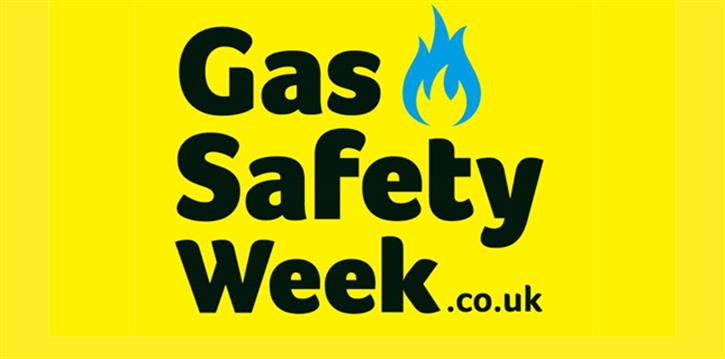

Five-and-a-half million people in the UK are estimated to be putting their health and finances at risk by not getting their gas appliances safety checked every year, according to new research conducted on behalf of the Gas Safety Register.
Results of the study conducted by market research company Accent in June 2015, which asked for responses from 501 UK adults, were released today to coincide with the start of the Register’s Gas Safety Week.
One in six of the 142,000 homes Gas Safe Register has inspected in the past five years has found dangerous gas appliances installed.
In addition, over the past year there have been more than 67,000 gas emergency call outs to homes in the UK, the equivalent of 186 every day.
Gas Safe registered engineer Steven Davies, from Swansea, knows only too well the dangers of unchecked gas appliances. He said: “I went to a rental property to carry out a landlord’s gas safety check and to look into a suspected water leak. When I arrived, I realised the leak was the least of the problem.
“High levels of carbon monoxide were present and were actually making me feel dizzy and nauseous. When the tenants arrived home, including two small children, they complained that they’d been suffering cold and flu symptoms for weeks, which I explained were actually symptoms of CO poisoning.
“The property had a flue in void and the access points were not to standards. Luckily Gas Safe Register had provided industry updates on handling flue in voids, which not only protected my life but also the lives of the tenants in this home. We all had a lucky escape.”
As well as educating the public about the dangers of not having appliances checked annually, Gas Safe Register is raising awareness of the financial implications homeowners can face by having to rectify problems associated with faulty or badly maintained gas appliances. These include black staining on surrounding walls, burst gas pipes, excessive condensation and, in extreme cases, house fires and explosions.
Jonathan Samuel, chief executive of Gas Safe Register, said: “While we are seeing more people getting gas safety checks compared to last year, millions are still taking risks.
“With the average cost of a boiler safety check costing just £60, it’s a small price for people to pay to keep their families safe and prevent damage to their home.
“As well as encouraging members of the public to have an annual safety check, I would also call on registered engineers and industry organisations to do the same.
“You can pinpoint customers to sign up to our annual gas safety check reminder service, which will let customers know when they need to get back in touch with a registered engineer and book a check,” Mr Samuel added.
Across the UK, the West Midlands has the highest number of homes with unsafe gas appliances (one in four were found to be unsafe) compared to the East Midlands where the fewest number of homes with unsafe gas appliances was found (one in nine were identified as unsafe).
Gas Safe Register has updated its interactive gas map, launched two years ago, which shows how many dangerous gas appliances and gas incidents have happened locally.
People can also sign up to a free annual gas safety check reminder service at: www.staygassafe.co.uk.
As part of Gas Safety Week, which runs from 14 September to 18 September, installers and engineers are encouraged to spread these safety tips among customers:
· Get your gas appliances safety checked and serviced by a Gas Safe registered engineer every year. If you live in rented accommodation your landlord has a legal obligation to get this done.
· Recognise the warning signs that your gas appliances are not working properly including lazy yellow flames and black marks around the appliance.
· Know the symptoms of CO poisoning, including headaches, dizziness, nausea, breathlessness, collapse and loss of consciousness.
If you'd like to keep up-to-date with the latest developments in the heating and plumbing industry, why not subscribe to our weekly newsletters? Just click the button below and you can ensure all the latest industry news and new product information lands in your inbox every week.